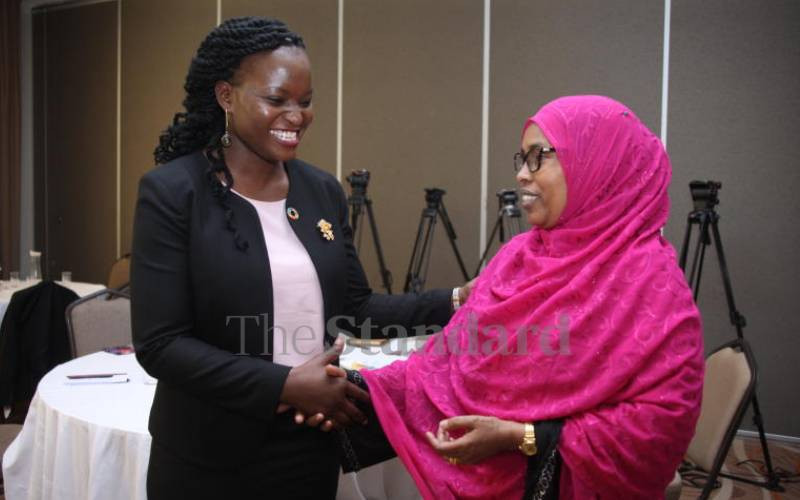×
The Standard e-Paper
Home To Bold Columnists

The fight against tuberculosis among cross-border mobile populations in Kenya and Uganda has received a major boost following the launch of a USAID-funded programme to combat the disease within the two countries.
A workshop bringing together key stakeholders in health sectors in Uganda and Kenya was held on Monday at a Machakos hotel where the players laid down elaborate interventions to deal with TB.